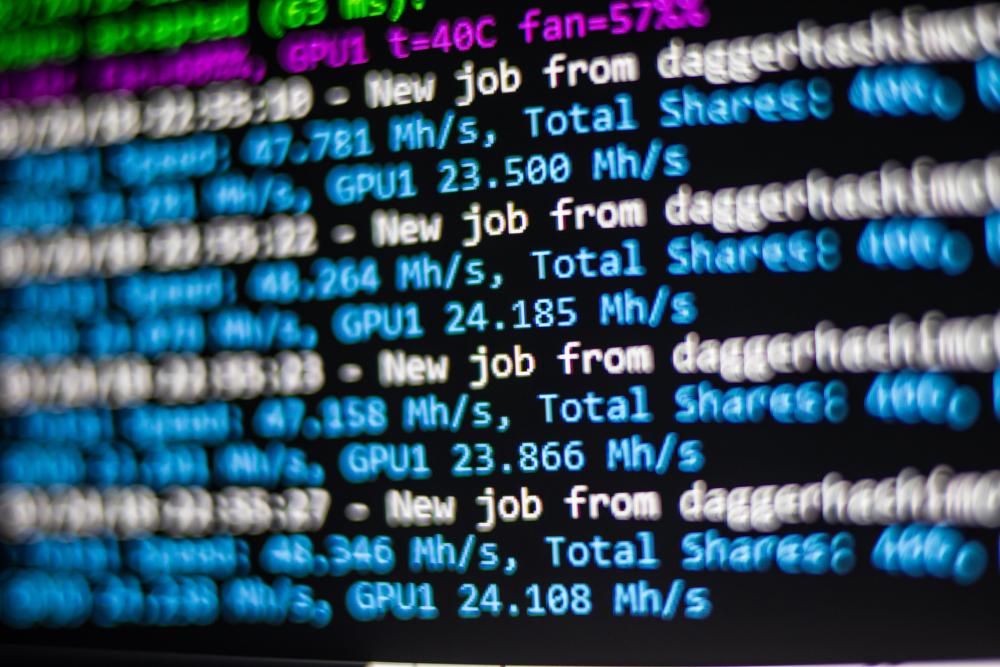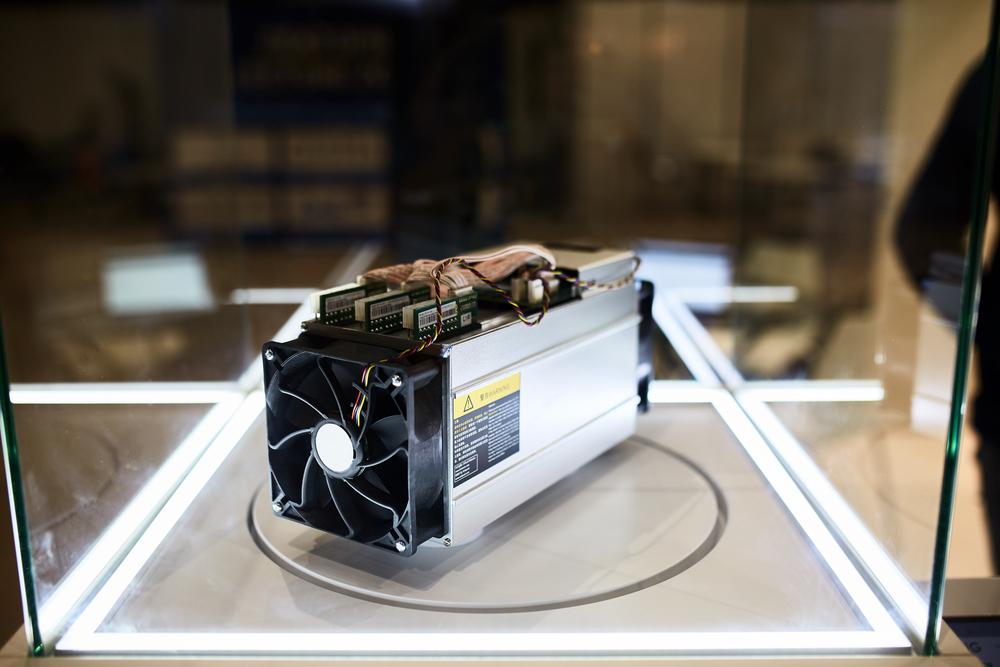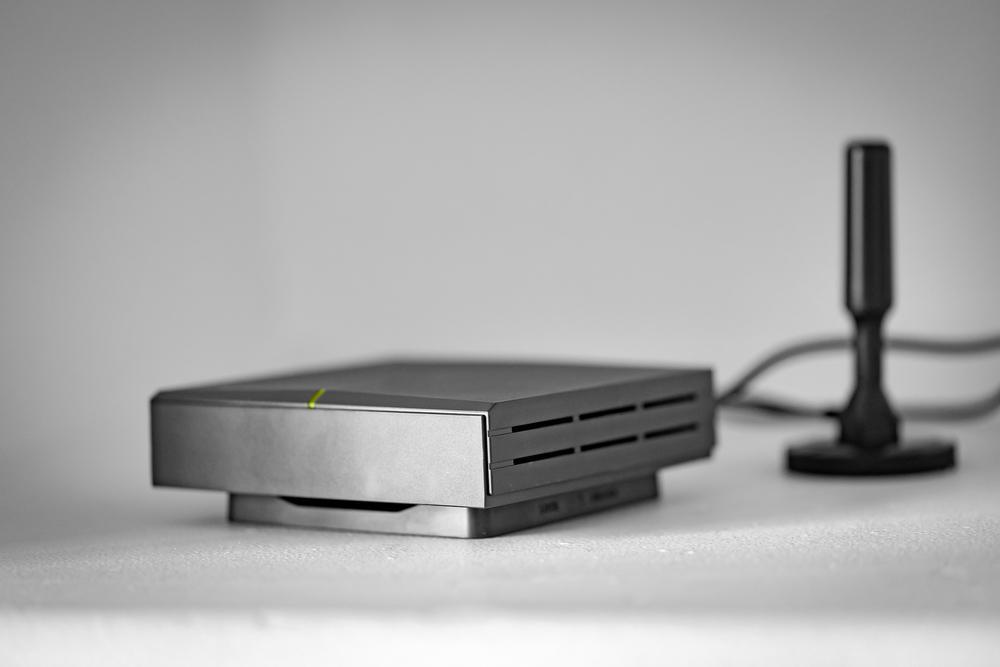Cryptocurrency Mining Software: An Overview
Cryptocurrency mining requires specialized software to perform the complex calculations needed to verify transactions and maintain the security of the network. In addition, it’s important to have a secure and reliable wallet to store your mined cryptocurrency. In this guide, we’ll explore the different types of software used for cryptocurrency mining, including mining software and cryptocurrency wallets.

Mining Software
Cryptocurrency mining software is the interface between your mining hardware and the network. It performs the calculations required to mine cryptocurrency, validates transactions and adds them to the blockchain. There are various types of mining software available, ranging from open-source and free software to proprietary software that may require a license or fee.
One popular type of mining software is CGMiner, which is open-source software written in C. CGMiner is compatible with a variety of mining hardware and offers advanced features such as fan speed control, remote interface capabilities, and support for multiple mining devices. Another widely used option is BFGMiner, also open-source and written in C, which supports a range of mining hardware and offers features such as vector support and dynamic clocking.
Claymore is another popular mining software option that is proprietary and requires a license to use. It offers features such as remote monitoring, fan control, and the ability to mine multiple cryptocurrencies at once. However, it is not open-source, which may be a disadvantage for some users.
When choosing a mining software, it’s essential to consider factors such as compatibility with your mining hardware, ease of use, and advanced features. Some mining software options may also have a higher hashrate or may be optimized for specific mining algorithms. It’s important to research and compare different options to find the one that best suits your needs.
Mining pools are another crucial aspect of mining software. Mining pools are groups of miners who work together to increase their chances of earning cryptocurrency rewards. By pooling their resources, miners can share their hashing power and receive a portion of the rewards earned by the pool. Most mining software is compatible with a range of mining pools, each with its own payout structures, fees, and requirements.
In summary, choosing the right mining software is essential for optimizing your mining operations. There are many options available, including open-source and proprietary software, each with its own advantages and disadvantages. It’s crucial to consider compatibility, ease of use, and advanced features when selecting mining software. Additionally, joining a mining pool can help increase your chances of earning cryptocurrency rewards.
Popular Mining Software
- T-Rex Miner –
- MiniZ Miner –
- LolMiner –
- NBMiner –
CGMiner – open-source software written in C, which is compatible with a variety of mining hardware and offers advanced features such as fan speed control, remote interface capabilities, and support for multiple mining devices.
BFGMiner – another open-source software written in C, which supports a range of mining hardware and offers features such as vector support and dynamic clocking.
Claymore – proprietary mining software that requires a license to use. It offers features such as remote monitoring, fan control, and the ability to mine multiple cryptocurrencies at once.
EasyMiner – an open-source software that is easy to use and offers a graphical user interface (GUI) for managing mining operations.
Phoenix Miner – a proprietary mining software that is optimized for mining Ethereum and other cryptocurrencies using the Ethash algorithm.
Ethminer – an open-source software that is specifically designed for mining Ethereum and other cryptocurrencies using the Ethash algorithm.
NiceHash Miner – proprietary software that allows users to mine a variety of cryptocurrencies and automatically switches to the most profitable coin based on market conditions.
Cudo Miner – proprietary software that offers a graphical user interface and supports a range of cryptocurrencies and mining algorithms.
These are just a few examples of the many mining software available. When choosing mining software, it’s important to consider factors such as compatibility with your mining hardware, ease of use, advanced features, and optimization for specific mining algorithms.
Mining Pools
Mining pools are groups of miners who work together to mine cryptocurrency more efficiently. By pooling their resources, miners can share the rewards of their efforts more evenly. There are a variety of different mining pools available, each with its own payout structure and requirements. Some of the most popular mining pools include Slush Pool, F2Pool, and Antpool.
F2Pool – a Chinese mining pool that supports mining for a variety of cryptocurrencies, including Bitcoin, Ethereum, Litecoin, and Zcash.
Antpool – a large Chinese mining pool that is owned by the Bitmain mining hardware company. It supports mining for several different cryptocurrencies, including Bitcoin, Bitcoin Cash, and Litecoin.
Slush Pool – one of the oldest mining pools, which was created in 2010. It supports mining for several different cryptocurrencies and is known for its transparency and reliability.
BTC.com – a mining pool owned by Bitmain that supports mining for Bitcoin and Bitcoin Cash.
ViaBTC – a Chinese mining pool that supports mining for a variety of cryptocurrencies, including Bitcoin, Bitcoin Cash, and Ethereum.
Poolin – a Chinese mining pool that supports mining for several different cryptocurrencies, including Bitcoin, Bitcoin Cash, and Litecoin.
Ethermine – a popular mining pool that supports mining for Ethereum and Ethereum Classic.
- MinerPool.pro
- FluxPools
- 2Miners
- HiveOn
- Ezil.Me
- AntPool
- NanoPool
- CrazyPool
These are just a few examples of the many mining pools that are available. When choosing a mining pool, it’s essential to consider factors such as the pool’s fees, payout structure, and reliability, as well as the compatibility of the pool with your mining software and hardware.
Conclusion

ASIC Mining
ASICs are specialized mining hardware that are designed to perform a specific task with greater efficiency than general-purpose hardware. In the context of cryptocurrency mining, ASICs are specifically designed to solve the complex mathematical equations required to mine cryptocurrency, making them much more efficient than general-purpose hardware.

Helium Mining
Helium mining is a new type of crypto mining that is based on a different type of blockchain technology. Unlike traditional cryptocurrencies, which use proof-of-work to verify transactions, Helium uses a consensus mechanism called proof-of-coverage. This mechanism relies on miners to provide network coverage in a specific geographic area, and rewards them with crypto in exchange.

GPU Mining
GPU mining is the process of using graphics processing units (GPUs) to mine cryptocurrencies. GPUs are capable of providing a significant amount of computational power for mining. They are particularly useful for mining cryptocurrencies that are designed to be ASIC-resistant, as they can be reprogrammed to mine different types of cryptocurrency.
Popular Cryptomining YouTubers
Improve your Cryptomining experience!
These Cryptomining YouTubers offer incredibly informative beginner’s guides, and great tutorials for the “at-home-miner”. From building your first rig, to overclocking your GPUs, these youtubers will guide you in the right direction.
Red Panda Mining
Crypto Miner
Max Voltage Mining
Crypto Miner
Brandon Coin
GPU Miner
Mining Chamber
GPU Miner
Sebs FinTech Channel
GPU Miner
Bits Be Trippin’
Crypto Miner
Black Tiger Miner
GPU Miner
Red Fox Crypto
Crypto Miner
The Mining KiiNG
GPU Miner
Serpent X Tech
GPU Miner
HashRaptor
GPU Miner
2ndTL Mining
GPU Miner
Residential Crypto Mining: Building Your Passive Income Empire
Explore the concept of building a passive income empire through residential mining. Discover the steps to set up your mining operation, optimize your earnings, and create a sustainable source of passive income in the crypto space.












